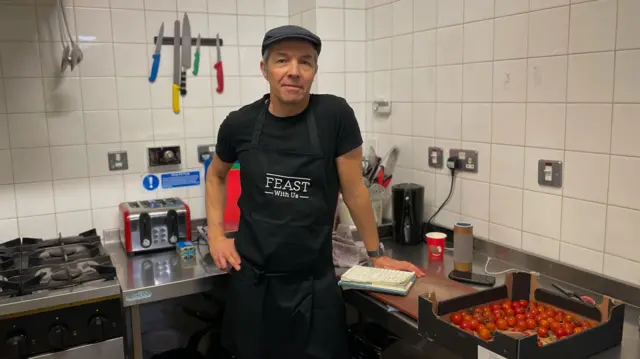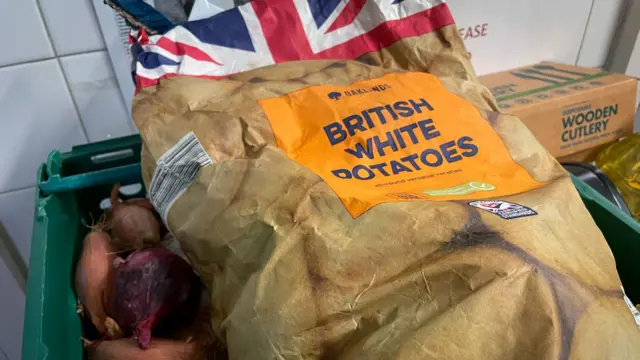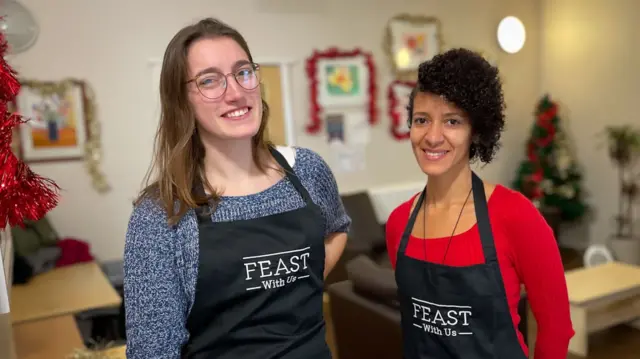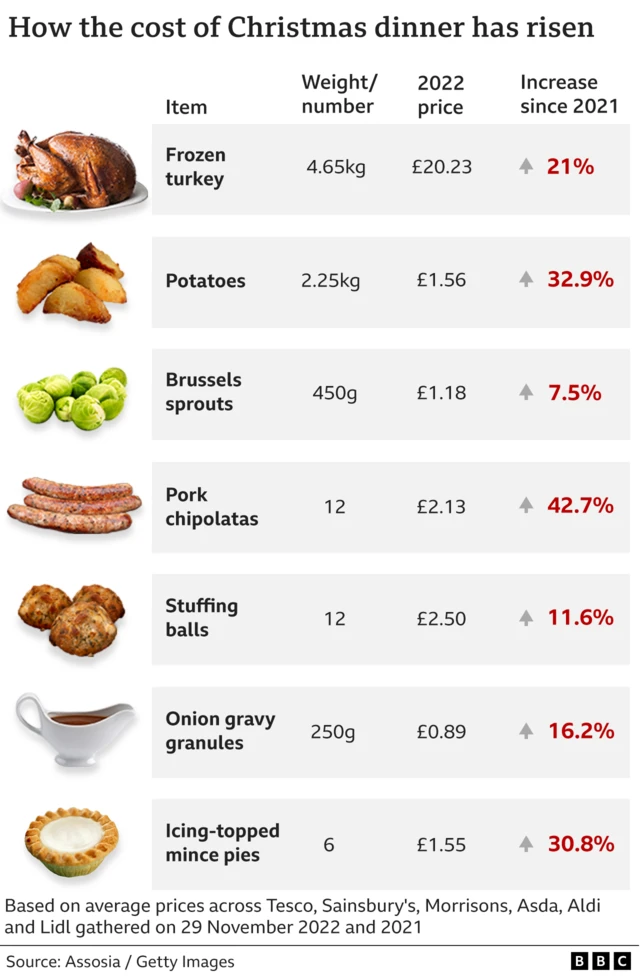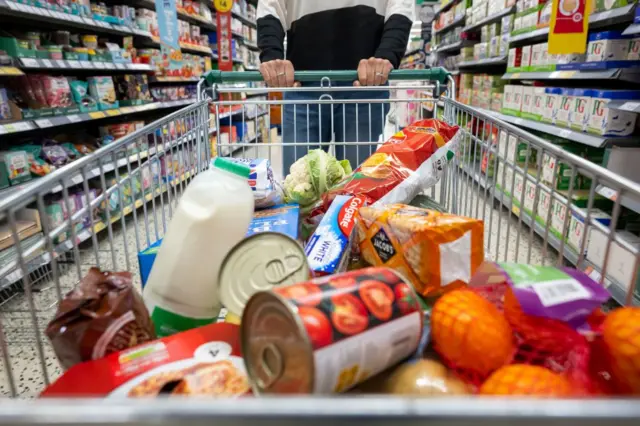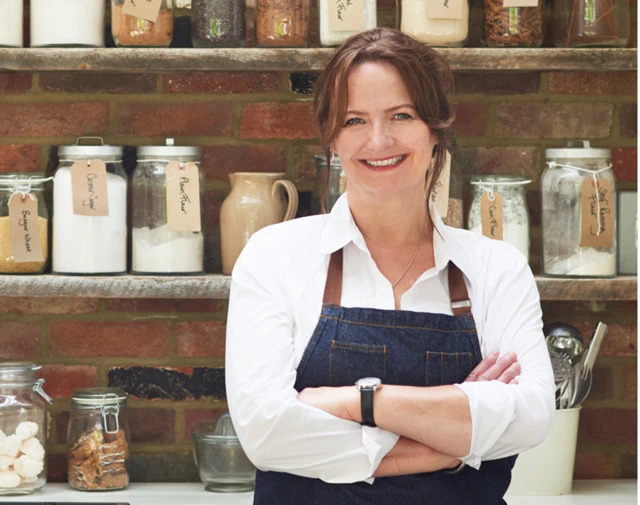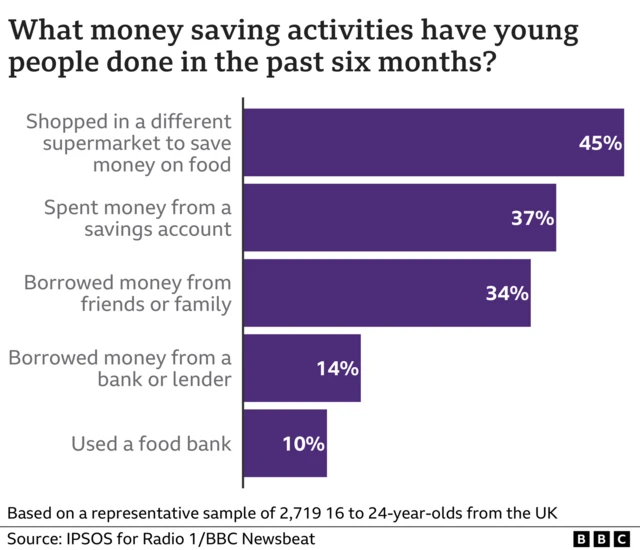
Should I cook cheaper food over a long time or expensive food more quickly?published at 12:00 GMT 2 December 2022
 Justine Pattison
Justine Pattison
Food writer and home economist
Liam in London asks whether cheap food like baked potatoes and dried pulses - which take a long time to cook - are a better deal than more expensive food, which is quick to cook.
Energy is more expensive now but, as you know, food costs have also risen. Cooking cheaper food for a longer time is a better deal, as the extra cost incurred by the longer cooking time is very unlikely to exceed or equal the cost of the more expensive ingredients.
But I think it’s a good idea to make the most of your oven when you do use it. Have something cooking on all the shelves, for instance, and batch cook when you can.
If you're cooking more expensive ingredients, such as fresh meat or fish, turn them into one-pan meals, where you can bulk out with extra vegetables or the pulses you mention.
And, make the most of your slow cooker, if you have one, too.
Read more energy-saving budget recipes here.
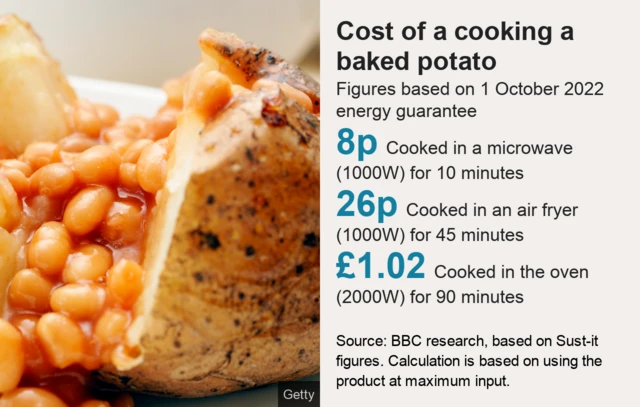 Image source, .
Image source, .
